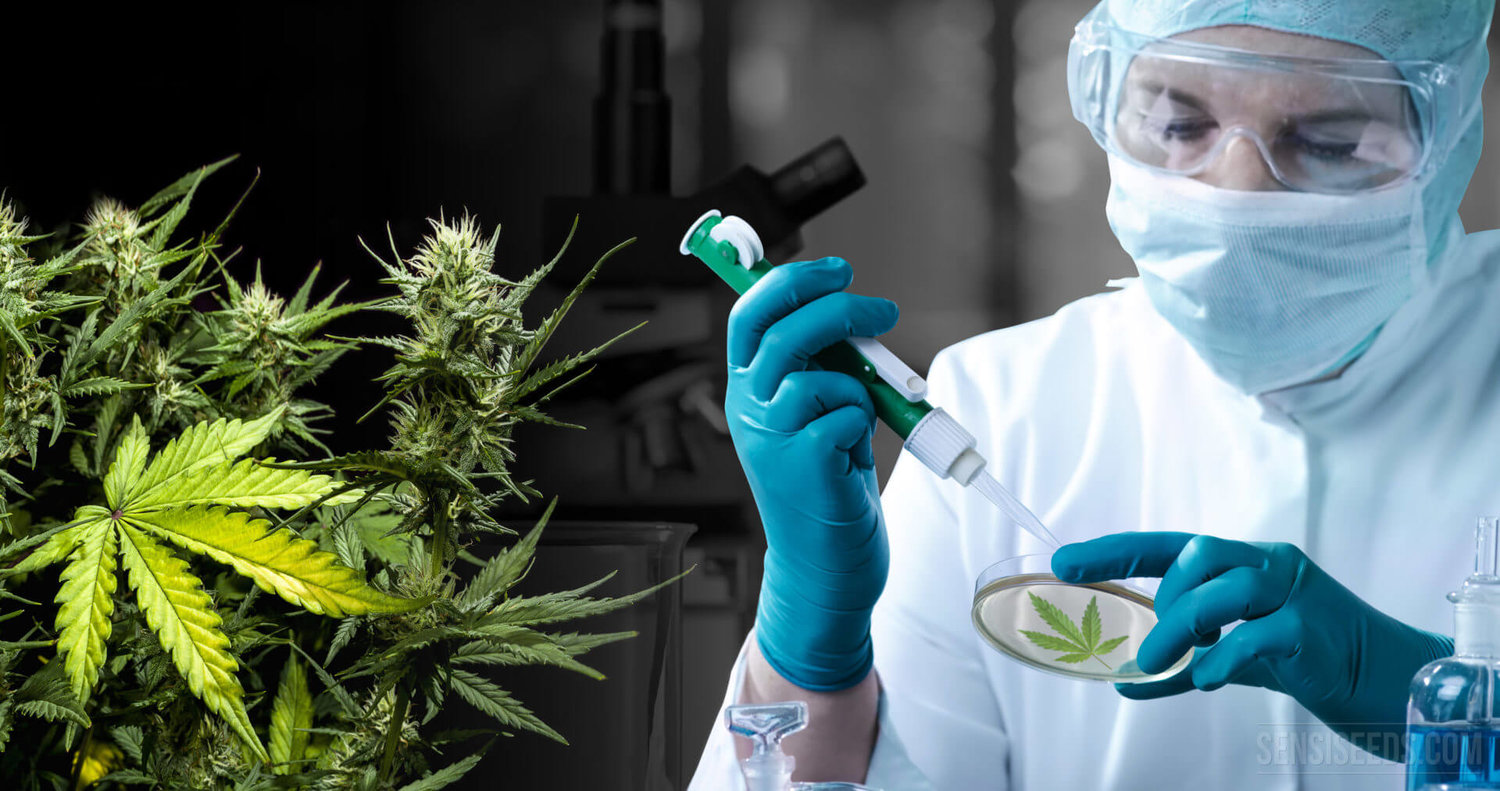Introduction
Hemp and CBD (cannabidiol) have gained significant popularity in recent years due to their potential therapeutic benefits. However, the regulatory framework surrounding these products has been a topic of discussion and concern. In response to this, a group of senators has called on the Food and Drug Administration (FDA) to revise what they consider to be ‘outdated’ regulations on hemp and CBD. In this comprehensive guide, we will explore the senators’ request, the current regulatory landscape, the implications for the industry and consumers, and the potential future developments in the regulation of hemp and CBD.
Table of Contents
Background on Hemp and CBD
- Understanding Hemp and CBD
- Current Regulatory Framework
Senators’ Request for FDA Revision
- 2.1 Overview of the Senators’ Action
- 2.2 Rationale for Requesting Regulation Revision
Current Regulatory Landscape
- 3.1 FDA’s Stance on CBD
- 3.2 FDA’s Enforcement Actions and Warnings
- 3.3 Challenges Faced by Hemp and CBD Industry
Implications for the Hemp and CBD Industry
- 4.1 Limited Market Access and Growth Potential
- 4.2 Inconsistencies in State and Federal Laws
- 4.3 Impediments to Research and Innovation
Potential Benefits of Regulatory Revision
- 5.1 Clear Guidelines and Standards
- 5.2 Consumer Safety and Product Quality Assurance
- 5.3 Facilitating Industry Growth and Market Expansion
Factors to Consider in Regulatory Revision
- 6.1 Differentiating CBD from Marijuana
- 6.2 Defining Dosage, Labeling, and Claims
- 6.3 Safety Evaluations and Clinical Trials
International Perspectives on Hemp and CBD Regulation
- 7.1 Comparison with Global Regulatory Approaches
- 7.2 Lessons from Other Countries’ Experiences
- 7.3 Harmonization and International Standards
Public Opinion and Stakeholder Involvement
- 8.1 Consumer Awareness and Education
- 8.2 Industry Engagement and Self-Regulation
- 8.3 Collaborative Efforts with Health Professionals
Potential Future Developments
- 9.1 FDA’s Response to the Senators’ Request
- 9.2 Legislative Efforts and Hemp-CBD Bills
- 9.3 Predictions for Regulatory Revisions
Conclusion
Background on Hemp and CBD
This section provides an overview of hemp and CBD, their differences, and their growing popularity. It also outlines the current regulatory framework that governs the production and sale of these products.
Senators’ Request for FDA Revision
Exploring the senators’ actions, this section highlights their request to the FDA to revise the existing regulations on hemp and CBD. It delves into the rationale behind their request, addressing the perceived outdated nature of the current regulatory framework.
Current Regulatory Landscape
Examining the FDA’s current stance on CBD, this section discusses the agency’s enforcement actions and warning letters sent to CBD manufacturers. It also explores the challenges faced by the hemp and CBD industry due to the regulatory constraints.
Implications for the Hemp and CBD Industry
This section discusses the implications of the current regulations on the hemp and CBD industry. It addresses limited market access, inconsistencies between state and federal laws, and the impact on research and innovation within the industry.
Potential Benefits of Regulatory Revision
Highlighting the potential benefits of revising the regulations, this section emphasizes the need for clear guidelines and standards, ensuring consumer safety and product quality assurance, and facilitating the industry’s growth and market expansion.
Factors to Consider in Regulatory Revision
Exploring key factors to consider in the revision process, this section discusses differentiating CBD from marijuana, defining dosage, labeling, and claims, and the importance of safety evaluations and clinical trials.
International Perspectives on Hemp and CBD Regulation
Drawing upon international examples, this section compares global regulatory approaches to hemp and CBD. It highlights lessons from other countries’ experiences and discusses the potential for harmonization and international standards.
Public Opinion and Stakeholder Involvement
Examining the role of public opinion and stakeholder involvement, this section explores the importance of consumer awareness and education, industry engagement and self-regulation, and collaborative efforts with health professionals.
Potential Future Developments
Speculating on potential future developments, this section explores the expected response from the FDA to the senators’ request, ongoing legislative efforts, and predictions for regulatory revisions in the hemp and CBD industry.
Conclusion
The senators’ request for the FDA to revise ‘outdated’ regulations on hemp and CBD reflects the growing need for a comprehensive and modern regulatory framework. Addressing the implications, potential benefits, factors to consider, international perspectives, public opinion, and future developments, it is evident that regulatory revision holds great significance for the hemp and CBD industry. By striking a balance between consumer safety, industry growth, and scientific advancements, a revised regulatory framework can promote a thriving and responsible market for hemp and CBD products.
- In-Depth Review The Best CBD Vapes By Qinneba - April 8, 2024
- Kado Bar Disposable Vape Review: Puff Variety and Satisfaction! - October 10, 2023
- CBD Topicals By Glowbar-Unlocking Bliss: A Comprehensive Guide to Glowbar London’s CBD Topicals - September 28, 2023


